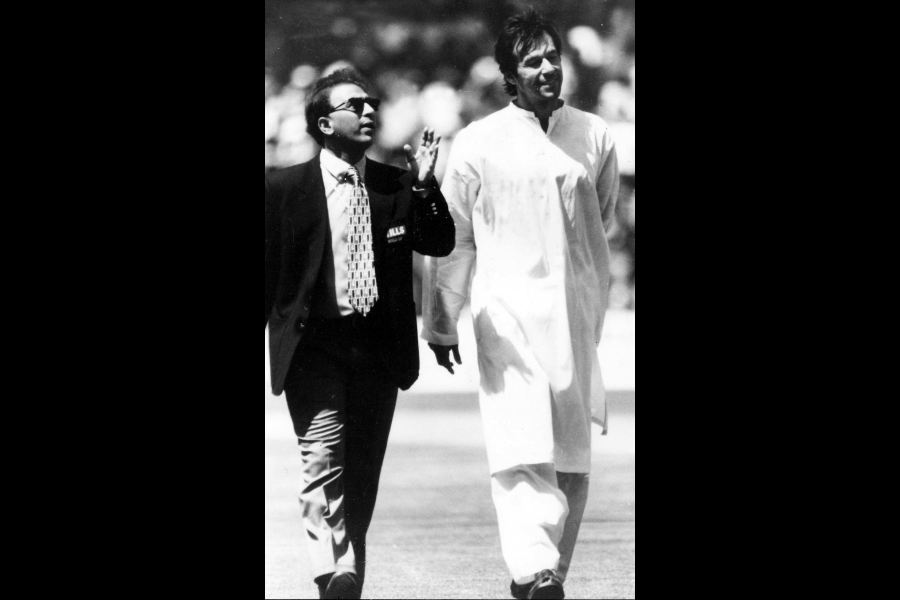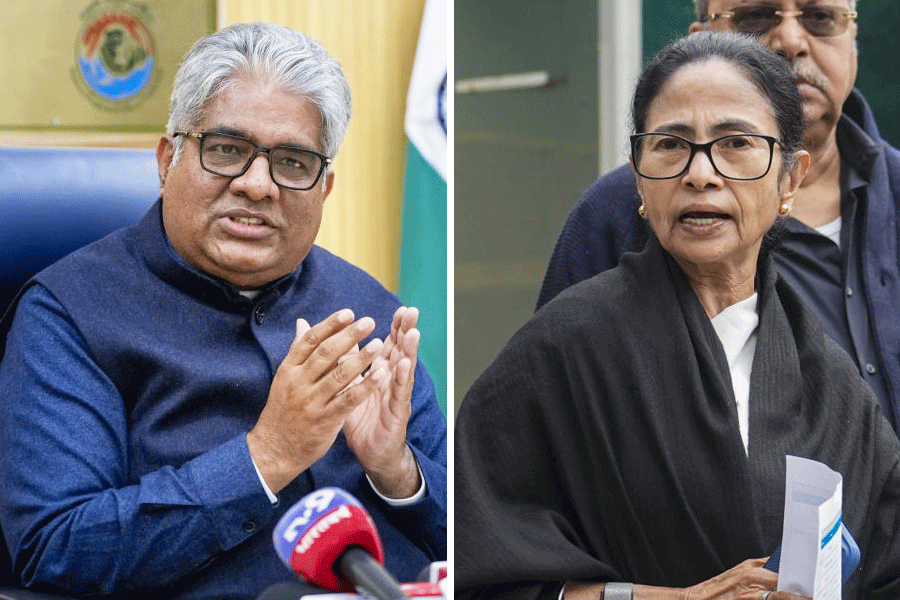 |
| Kaavya Viswanathan: Opal echo in Ohio |
Washington, Aug. 19: Mulayam Singh Yadav, who attained notoriety among educators more than a decade ago when he repealed the anti-copying act in Uttar Pradesh, may be in demand in the US if his re-election bid to be the state’s chief minister flops next year.
America’s higher education is reeling from a huge scandal at Ohio University, which may cost nearly 40 graduates — including some Indian students — their mechanical engineering degrees for cheating in their thesis or other academic work.
The university is in need of help.
Don McCabe, founding president of Duke University’s well-regarded Center for Academic Integrity, says in a pioneering research published last year that “on most (American) campuses, 70 per cent of students admit to some cheating”.
McCabe adds that “Internet plagiarism is a growing concern on all campuses as students struggle to understand what constitutes acceptable use of the Internet....While 10 per cent of students admitted to engaging in such behaviour in 1999, almost 40 per cent (now) admit to doing so.... A majority of students — 77 per cent — believes such cheating is not a very serious issue”.
In the gathering scandal at Ohio University, Bhavin Mehta, 44, was faculty adviser for 11 of the students, whose academic work is now being scrutinised for plagiarism.
His name has revived memories among the public of Opal Mehta, the central figure in Indian American Harvard student Kaavya Viswanathan’s plagiarised novel, which shot into limelight recently.
Mehta came from India to Ohio for a Masters degree and later did his PhD at the same university before joining the institution’s faculty 18 years ago.
Mehta, who has been prohibited from advising graduate students in the wake of the scandal, absolved himself of blame.
He told the Wall Street Journal: “I can’t memorise all the textbooks. I don’t memorise every thesis.”
Nor did the whistleblower, a graduate student who stumbled on cases of plagiarism when he researched in the university’s library for ideas from past theses.
Tom Matrka was frustrated because the university held him back from his degree for a year and refused to approve his proposal for a doctoral thesis.
When he discovered plagiarism in a number of theses, Matrka rightly believed he was a victim of Ohio University’s double standards: rejecting his research proposal while overlooking rampant copying which has been going on for two decades, he claims.
What is as shocking as the instances of plagiarism is the university’s attitude when Matrka brought the examples of copying to the attention of the authorities.
The dean of the college of engineering, Dennis Irwin, told Matrka that his investigations of plagiarism could land him in court.
Jerrel Mitchell, associate dean for research and graduate studies at that time, even refused to look at stacks of copied material that Matrka laid on his table and referred to the persevering investigator as “some crazy guy”.
But last week, all hell broke loose when The Chronicle of Higher Education, America’s prestigious journal on higher studies, put Matrka on its cover with his picture and a headline: “The Copycat's Foe: A Graduate Student Checked a Department’s Theses for Plagiarism. Now 37 Degrees Are in Question.”
Jay Gunasekera, who has stepped down as chairman of the university’s mechanical engineering department, told The Chronicle that “at any university, at any department, I think you would find the same”.










